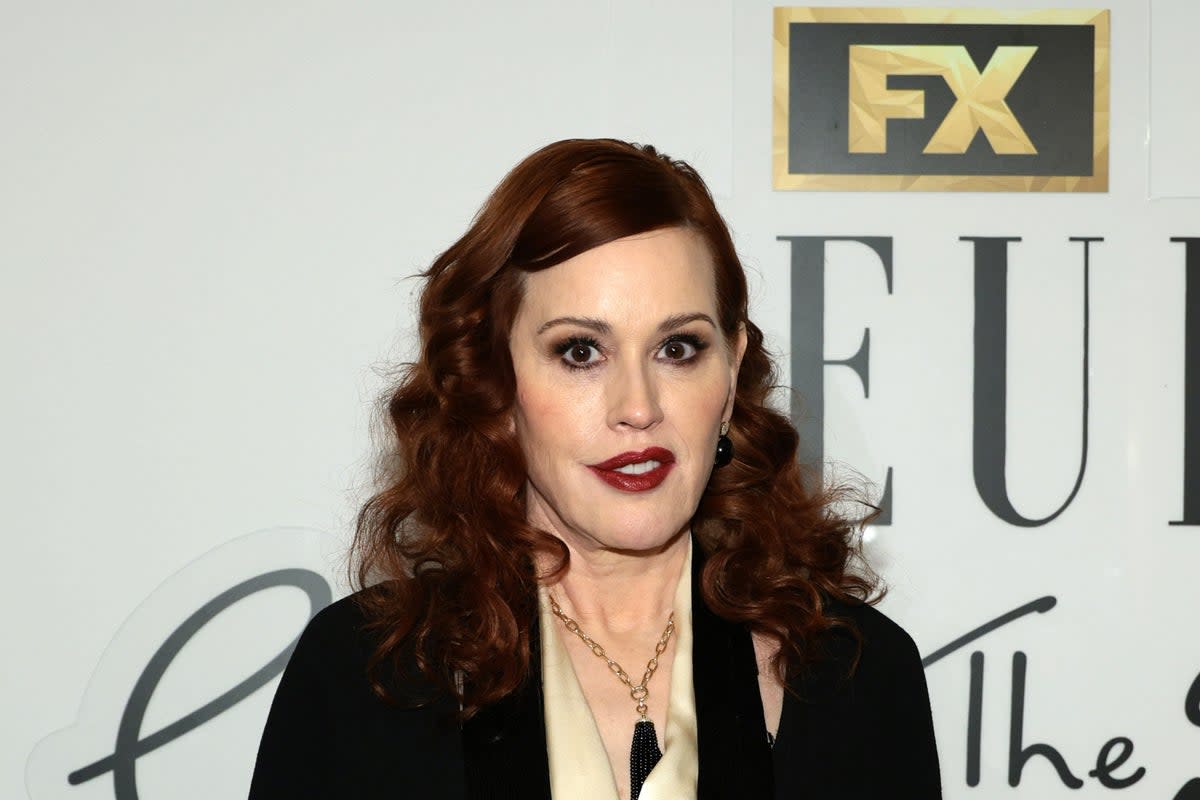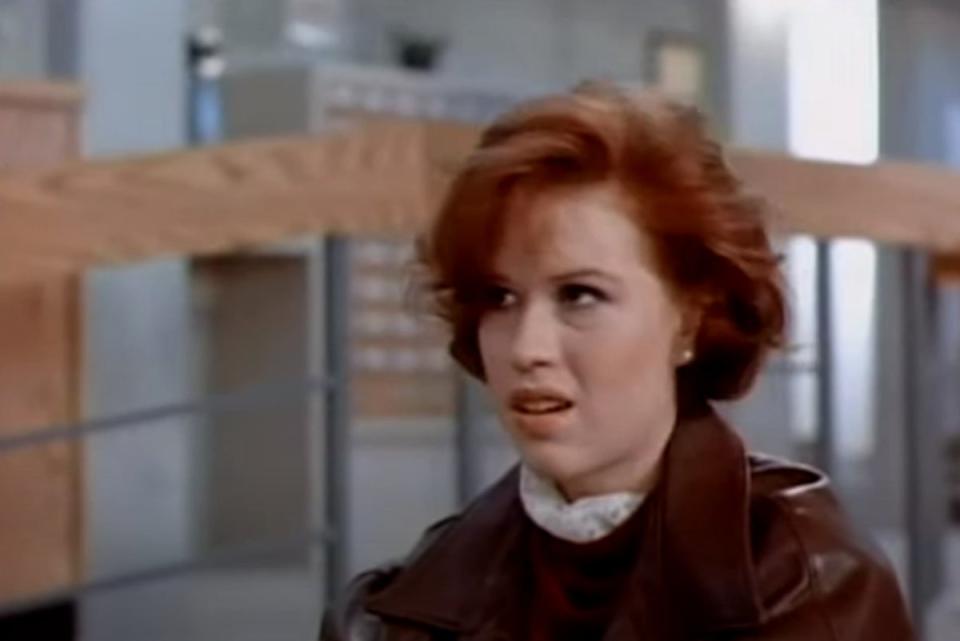Molly Ringwald says that elements of The Breakfast Club haven’t ‘aged well’

The Breakfast Club star Molly Ringwald has shared her mixed view on the cult classic, nearly 40 years after its release.
Ringwald was one of the most notable big screen personalities in the 1980s, namely for starring in John Hughes’ teen films such as Sixteen Candles (1984) and Pretty in Pink (1986).
In The Breakfast Club, she starred alongside Emilio Estevez, Anthony Michael Hall, Judd Nelson and Ally Sheedy, as a popular student named Claire who was one of five high school pupils forced to attend detention on a Saturday.
The film is widely considered one of Hughes’ best works and a classic of the teen film genre.
However, in a new feature in The Times, Ringwald, now 56, has shared her feelings about the film as it stands in 2024, claiming that there are some factors that “haven’t aged well”.
“I don’t enjoy watching myself on screen. I only rewatched The Breakfast Club, which came out in 1985, because [my daughter] Mathilda wanted to see it with me,” she explained.
“There is a lot that I really love about the movie but there are elements that haven’t aged well – like Judd Nelson’s character, John Bender, who essentially sexually harasses my character.

“I’m glad we’re able to look at that and say things are truly different now.”
Though Bender and Claire eventually share a kiss towards the end of the film, juvenile delinquent Bender repeatedly harangues Claire about her virginity status as well as looking up her skirt at another moment.

Ringwald is not the only cast member who has criticised elements of the film in recent years.
When speaking with The Independent in 2020, Ally Sheedy noted that she “never liked” the scene where her character, a socially awkward student named Allison, gets a makeover to be more conventionally attractive.
“Listen, it was Hollywood in the Eighties. They wanted to take the ugly duckling and make her into a swan. As far as I was concerned, that wasn’t what I was doing with that character, but that was what they wanted.”
Sheedy also responded to Ringwald’s 2018 personal essay about rewatching the film through a post-#MeToo lens.
“I think it’s a good thing to interrogate this stuff,” Sheedy said. “It’s a very good thing. And seeing which parts of it are still relevant or dated and how it speaks to some young people and not to others.”

 Yahoo News
Yahoo News 
